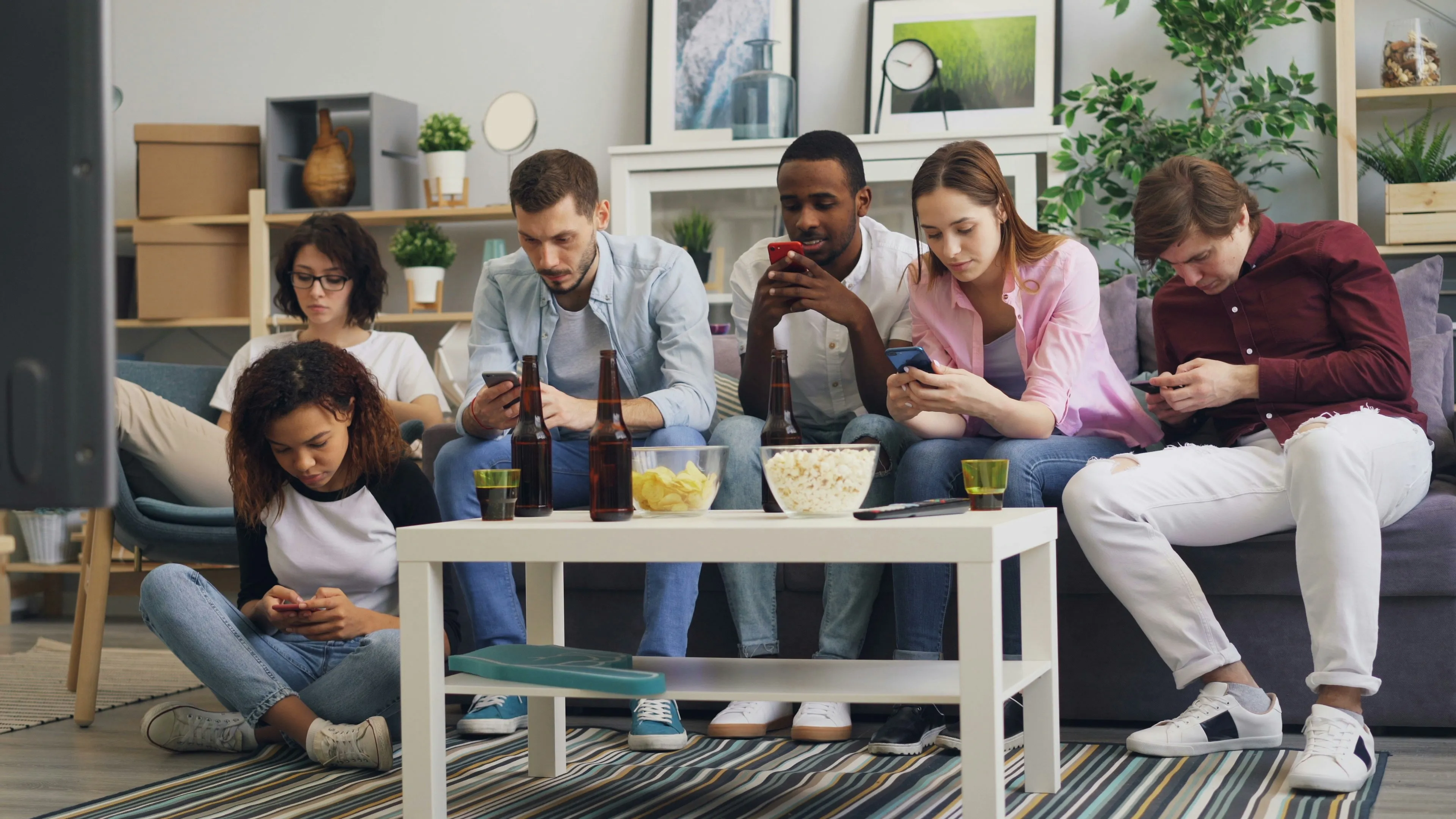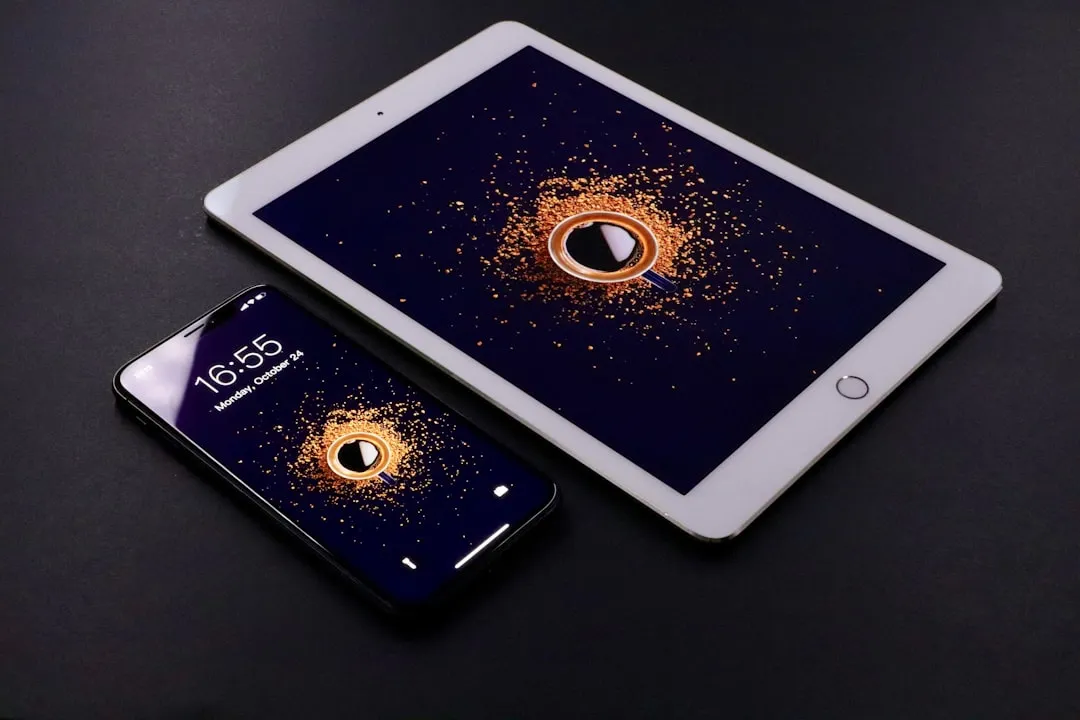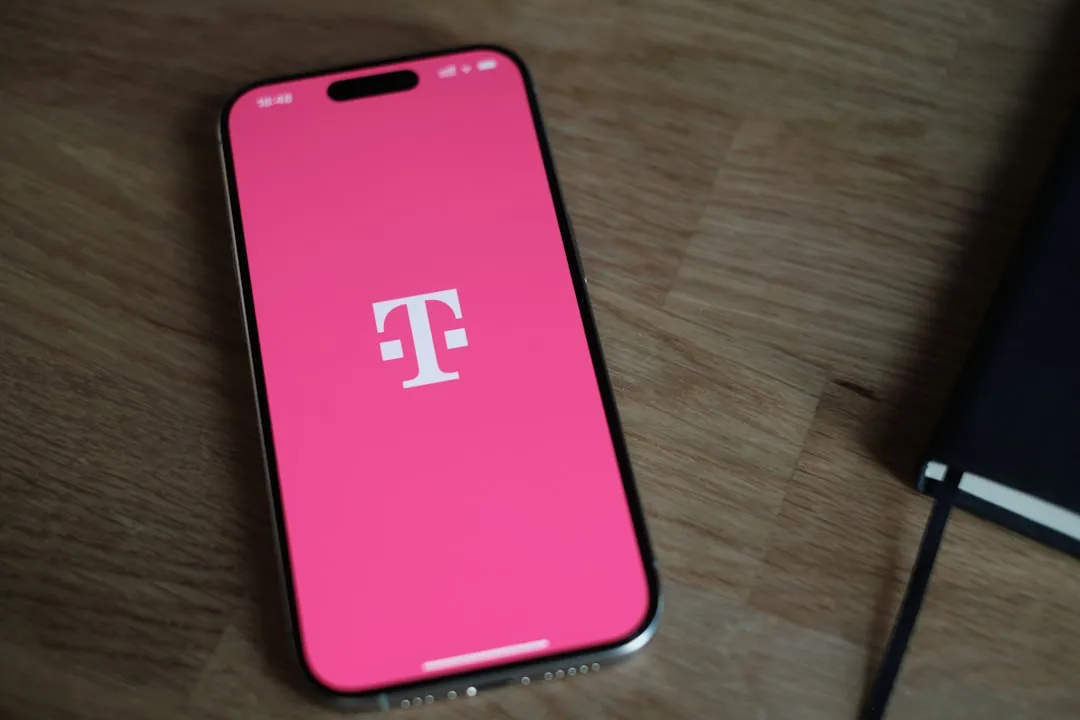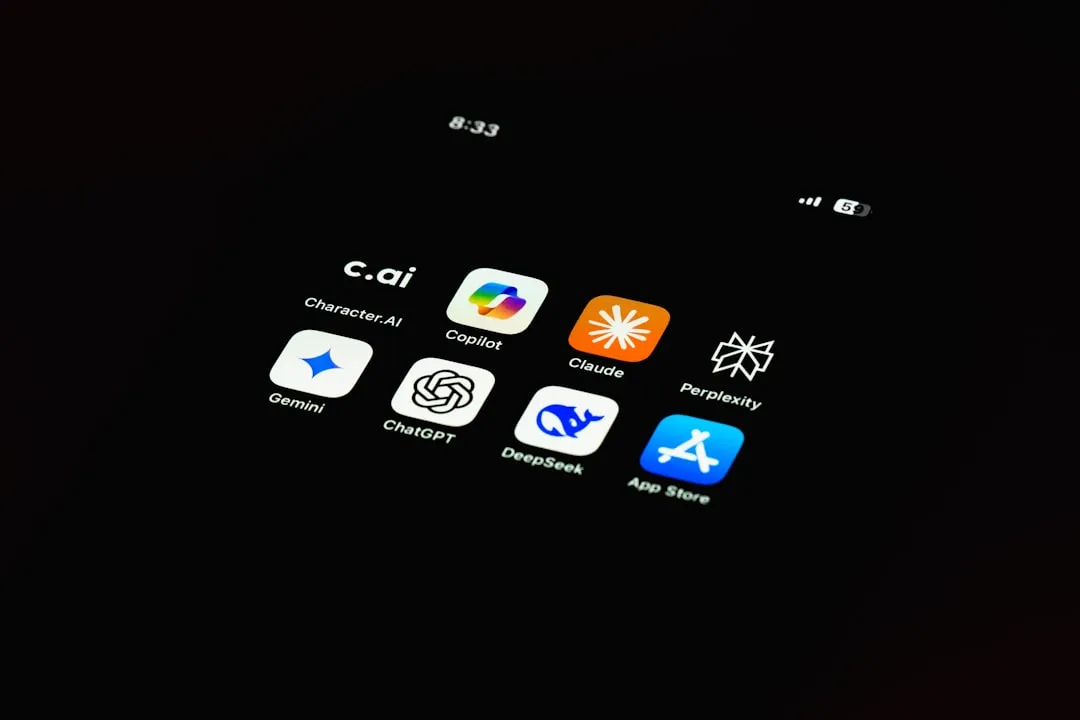The next time you can't find your college friend at a crowded concert, you probably won't text them. Instead, you'll open Find My, spot their little avatar moving near the merch table, and walk straight over. Welcome to 2024, where this behavior isn't just convenient—it's completely normal.
This shift from "text me when you get there" to "I'll just watch your dot move" represents something bigger than a tech upgrade. 88% of Gen Z uses location-sharing apps regularly, and their motivations reveal how an entire generation has redefined what friendship, safety, and privacy mean in the smartphone era.
What you need to know:
- Gen Z is 70% more likely than other generations to share location with friends, with 94% saying it benefits their lives
- Life360 has exploded to 54 million monthly users—29% growth in just one year
- Apple's Find My comes pre-installed and free, making always-on tracking frictionless for iPhone users
- Parents are driving adoption with 91% actively using location sharing with their phone-equipped kids
This generation has flipped the script on privacy, but the story behind why—and what it means for the rest of us—is more complex than "kids these days don't care about privacy."
Why your exact coordinates became friendship currency
Here's the kicker: this trend didn't start with safety apps. It began in 2017 when Snapchat's Snap Map and Google Maps location sharing launched, and suddenly "despite previous generations being renowned for craving privacy, millennials and Gen Z were more than happy to allow others to creep on their location 24/7."
What makes this fascinating is how it flips our understanding of social media intimacy. While Instagram and TikTok reward performance and curation, location sharing offers something entirely different: unfiltered authenticity. As one user puts it: "I find it weirdly comforting watching my friends in real time go about their day — way more than seeing them post curated Instagram stories".
Think of it as the anti-Instagram. Instead of posting the perfect brunch photo, you're showing that you're actually at the grocery store at 2 PM on a Tuesday. It's raw, unfiltered, and refreshingly honest—qualities that feel increasingly rare in our highly curated digital world.
PRO TIP: Location sharing has become what one Slate writer calls "simply the next step in digital intimacy after following someone on Instagram." It's not just about safety; it's about connection.
This authenticity hunger explains why the trend has exploded across platforms. Snapchat's Snap Map gets opened 40 billion times per quarter, while the hashtag #findmyfriends has racked up 48 million views on TikTok. For Gen Z, your location dot isn't surveillance—it's a new form of social currency that says "I trust you with my unfiltered reality."
The safety factor that changed everything
But authenticity alone doesn't explain why this generation embraces constant tracking. The safety component runs much deeper than convenience, tapping into generational anxieties that previous generations didn't face in quite the same way.
Let's break down the practical foundation first. 70% of Gen Z women believe their physical well-being benefits from location sharing, and their specific use cases reveal a generation that's strategically using technology to manage real-world risks. As 24-year-old tech worker Imaan Khan explains: "The reason I downloaded it was safety."
The data shows Gen Z isn't naive about the trade-offs. According to Life360's research, "Gen Z users think the security gains that come from location apps outweigh any potential data misuse issues." One in three surveyed said increased physical safety and convenience was worth giving up some privacy.
Here's what that strategic safety thinking looks like in practice:
- 87% use it for long-distance drives for roadside assistance peace of mind
- 80% feel safer when visiting risky or new places knowing friends can find them
- First dates and late-night walks become less anxiety-inducing when someone's watching your dot
Sound familiar? This generation grew up with active shooter drills and amber alerts on their phones. They're using tech to quiet anxieties about worst-case scenarios, turning smartphones into digital safety nets that previous generations simply didn't have access to.
The psychological appeal goes beyond individual safety to collective security. When your friend group can see everyone's location, it creates a distributed early warning system. Someone didn't make it to the meeting spot? Check the app before panicking. Friend seems to be stuck somewhere unusual? You can proactively check in.
When always-on tracking gets complicated
But here's where it gets messy. Location sharing doesn't come with an instruction manual for human relationships, and the social dynamics can turn toxic fast when there are no established boundaries or protocols.
The pressure to participate is real and often subtle. The Washington Post found that "location-sharing horror stories often start" when someone grants access "figuring it's no big deal, but we can't predict how a friendship or relationship will pan out."
Take the experience of one 25-year-old at a work hangout: his new colleague casually asked to share locations, saying "I just like to know where everyone is." Nervous to offend, he tapped 'share indefinitely'—a decision that felt increasingly uncomfortable as the relationship stayed surface-level.
This kind of boundary creep happens gradually, then suddenly. Many users accumulate dozens of contacts over years without regular pruning. One Mashable writer discovered someone had 97 Find My contacts, including "the really scary discovery of a number she hadn't saved."
The post-relationship dynamics get even more complex. One in four people regularly track their ex-partner's location using these apps, and the lack of clear social protocols around "location breakups" creates ongoing drama. Unlike unfriending on social media, removing location access feels more pointed and personal.
The mental health implications are significant but underexplored. Constant visibility can create surveillance anxiety rather than the intended safety and connection. As privacy expert Dr. Fonte notes: "By relying on this technology, we're hollowing out our families, our friendships and our romances."
The technology enables behaviors that would feel invasive in any other context. Imagine if your friends could peek through your windows at any moment to see what you're doing—that's essentially what 24/7 location sharing provides, just through a digital interface that makes it feel normal.
The parent factor nobody talks about
Here's something that might surprise you: parents are driving this trend as much as teens, creating a generational feedback loop that's reshaping how families think about independence and connection.
The statistics are startling. 91% of parents with kids who have phones actively use location sharing with their children, and 62% say they always do it. Most parents (79%) won't stop requiring it until their kids turn 18 or older—and 22% say they don't foresee stopping at all.
What's especially revealing is how early this starts. One in five parents made location sharing the very first app downloaded on their child's phone—before games, before social media, before anything else. Life360 reports that 70% of families use dedicated tracking apps rather than just relying on built-in iPhone features.
Picture this: a generation that grew up being tracked by parents is now voluntarily extending that same transparency to friends. It's not rebellion against parental oversight—it's normalization of constant visibility as a form of care. The behavior pattern gets established early and then transfer to peer relationships.
This creates fascinating psychological dynamics. Snapchat recently added features letting parents request location access and get notifications when teens arrive at or leave specific places like school or home. The line between safety and surveillance becomes increasingly blurred when both generations participate willingly.
The long-term implications for independence are complex. Studies show children who engage in independent activities are higher in well-being, yet 75% of parents say constant location monitoring actually makes them more comfortable allowing independence. We're potentially raising a generation that associates care with surveillance—both giving and receiving it.
The tech that makes it all possible (and why it's not perfect)
Let's talk about what's actually happening under the hood, because the technology behind all this seamless location sharing is more fragile than most users realize.
Apple's Find My integrates what used to be separate "Find My iPhone" and "Find My Friends" services into one app that comes pre-installed on devices with iOS 13 and newer. It uses a "crowd-sourced network of Apple devices" to locate items via Bluetooth signals, even when they're offline.
But here's the reality check about accuracy: when a recent stress test compared tracking networks, Apple's system performed relatively well while competitors showed massive problems. Google's Find My Device network, for instance, exhibited distance discrepancies of nearly 80 miles in real-world testing.
The implications matter more than you might think. When your friend's location dot shows them at home but they're actually miles away, it undermines the safety benefits everyone is pursuing. As one tester noted: "I wouldn't fully trust a tracker utilizing the Find My Device network beyond getting the information on the last place I left something."
The privacy trade-off is enormous, regardless of accuracy. Dozens of data brokers collect precise movement data from "hundreds of millions of people without their knowledge or meaningful consent." That intimate location data gets sold to "hedge funds, insurance companies, advertisers, and government agencies like the military, the FBI, and ICE."
Think about it: when you share your location to feel safer with friends, you're also feeding it into systems that profit from your movements in ways you never consented to. Even Apple's relatively privacy-focused approach doesn't eliminate this issue—it just makes it less visible to users.
What's particularly troubling is how technical limitations can undermine the very safety promises that drive adoption. If your emergency location sharing is inaccurate by miles, it's not just inconvenient—it could be dangerous when you actually need help.
What this means for your digital life
So where does this leave us? Gen Z has fundamentally redefined what privacy means in the smartphone era, but the changes extend far beyond their peer groups and are reshaping digital behavior across all generations.
The broader social shift is undeniable. Nearly 80% of people now have location sharing activated on their phones, making this the new normal rather than a youth trend. The difference is that Gen Z has developed the social protocols and expectations around it, while older generations are still figuring out the boundaries.
What's fascinating is how this reflects broader generational attitudes toward privacy and technology. When 78% of Americans trust themselves to make privacy decisions but 56% frequently click 'agree' without reading terms, we're seeing a generation that's comfortable with complexity and willing to make calculated trade-offs.
The key insight: this isn't just about location. It's about how digital natives are rewriting the rules of relationships, safety, and personal boundaries. In a world where 89% of young people consider purpose important to their wellbeing, always-on location sharing becomes another way to feel connected to community—even when physically apart.
PRO TIP: If you're jumping into location sharing, start small. Share with a few close friends first, set clear expectations about when and why you're checking, and remember: removing someone from your location list doesn't require drama or explanation. It's about boundaries, not betrayal.
The trend also reveals something deeper about how this generation approaches safety and connection. They're not naive about privacy risks—they're making calculated decisions that previous generations didn't have to make. The smartphone era has created new forms of both vulnerability and protection, and Gen Z is actively experimenting with how to navigate both.
Looking ahead, expect this behavior to continue spreading across age groups as the technology becomes more seamless and the social protocols become more established. The question isn't whether location sharing will become normal—it already is. The question is how we'll collectively develop healthier boundaries around it.
Your phone's location dot isn't just showing where you are anymore. It's showing how an entire generation has chosen to live with technology as an extension of human connection, for better and worse.

























Comments
Be the first, drop a comment!